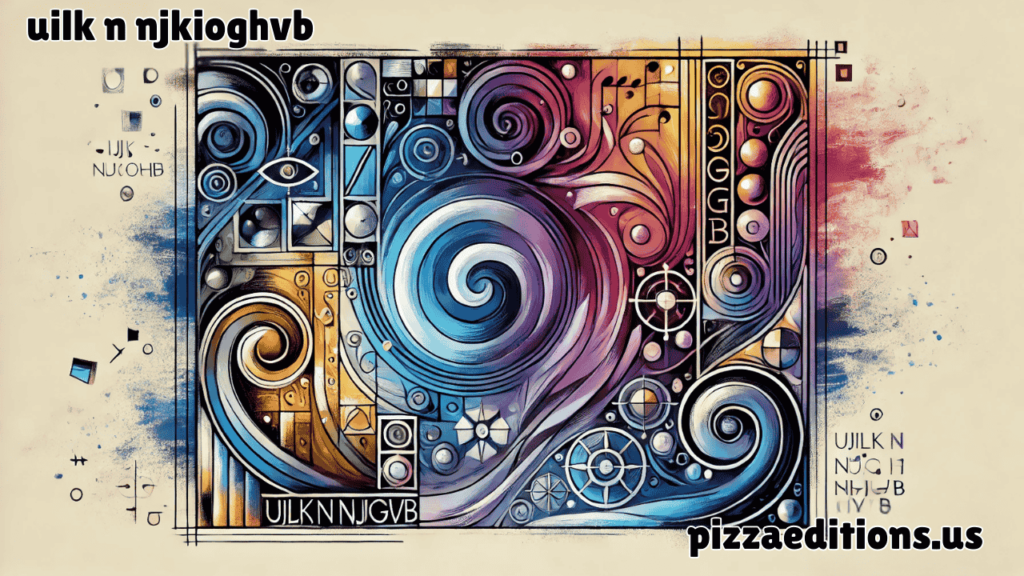In the ever-evolving digital space, new terms, phrases, and identifiers pop up regularly—some make immediate sense, while others leave users curious and intrigued. One such term that’s been spotted across platforms recently is “uilk n njkioghvb“. At first glance, it may seem like a random combination of characters, but its repetition and visibility have prompted a closer look.
The Rise of Nonsensical Keywords Online
The term “uilk n njkioghvb” could be interpreted as a result of auto-generation, placeholder text, or even coded references within digital content. It’s not uncommon in the world of web development, beta testing, or digital experimentation to encounter such strings. Sometimes, these seemingly nonsensical phrases take on meaning within niche communities or serve as markers for something more significant in the backend of content systems.
While there’s no direct translation or public definition, the use of uilk n njkioghvb might signal a trend in coded tagging or simply serve as an artistic or experimental phrase to capture attention and provoke thought.
Embracing Curiosity in a Digital World
What stands out about uilk n njkioghvb is how even the most cryptic or unorthodox content can spark curiosity. In today’s landscape, attention is a valuable currency, and phrases like this—whether accidental or intentional—become talking points. They create an opportunity to explore the boundaries of meaning, randomness, and digital identity.
From Code to Culture
Terms like uilk n njkioghvb also raise questions about how language and digital culture intersect. As machine learning tools, auto-text generators, and user-generated content platforms become more prevalent, we may continue to see more instances of unique combinations like this. Sometimes, they evolve into inside jokes, memes, or even brand identifiers. Other times, they simply float in the stream of content, adding texture to the digital world.
Conclusion
While the meaning of uilk n njkioghvb remains unclear, its presence highlights how even random elements can influence conversations and digital curiosity. Whether a glitch, a test, or a creative experiment, phrases like this invite us to think outside the norm and consider the unexpected side of online content.
